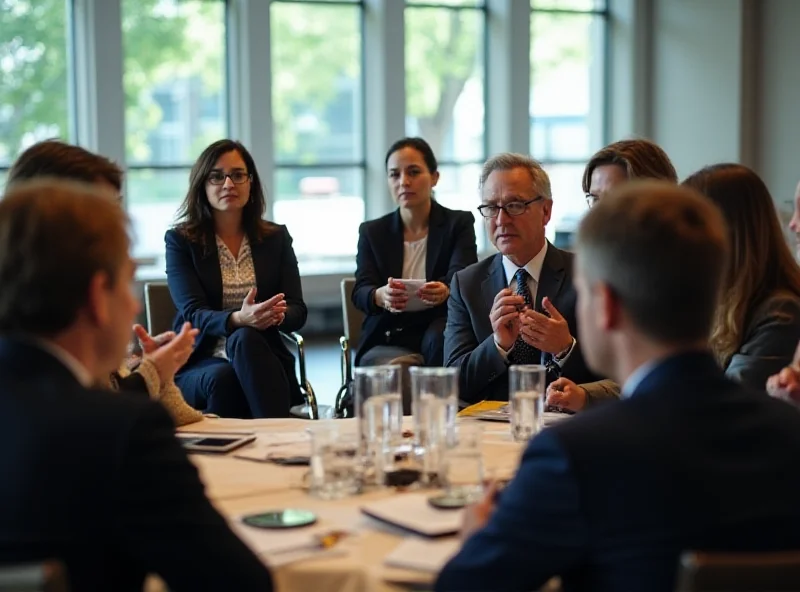Marginal Revolution, the popular economics blog, has been buzzing with diverse content lately. Here's a quick look at some of the most interesting posts:
Longevity and the Science of Aging
One recurring theme has been the exploration of longevity and the science of aging. A recent post highlighted Eric Topol's book, "Super Agers: An Evidence-Based Approach to Longevity." The author praised Topol's work for its clear writing, strong argumentation, and focus on scientific evidence. It's described as a more serious and well-researched contribution to the field compared to other books on the topic.

As the post noted, "Longevity research goes mainstream!" This suggests a growing public interest in understanding and potentially extending human lifespans through scientific advancements.
AI, Communication, and Context
Another post, titled "Sunday assorted links," delved into the rapidly evolving landscape of artificial intelligence and its impact on human communication. The author pointed to the scarcity of context in the age of AI, a potentially concerning trend as algorithms increasingly shape our understanding of the world. The post also questioned the power of DeepSeek, a relatively new AI model, hinting at its potential to significantly alter the tech landscape.
“Context is that which is scarce, AI edition," the post declared, highlighting the challenge of maintaining nuanced understanding in an era dominated by algorithmic information flow.

The Authority Gap and Female Experts
A particularly interesting piece focused on the potential "authority gap" faced by female experts in economics. The post discussed a survey experiment designed to measure how the public perceives opinions from male versus female economists. The study, conducted with professors at leading US universities, aimed to determine if there's a bias in how people value expertise based on gender.
The research explored whether "identical opinions expressed by visibly senior female versus male experts" are received differently by the public. This raises important questions about gender bias in academia and the broader public sphere.

Marginal Revolution continues to provide insightful commentary on a wide range of topics, from the science of aging to the societal implications of artificial intelligence and gender dynamics in professional fields. These recent posts offer a glimpse into the blog's diverse and thought-provoking content.
